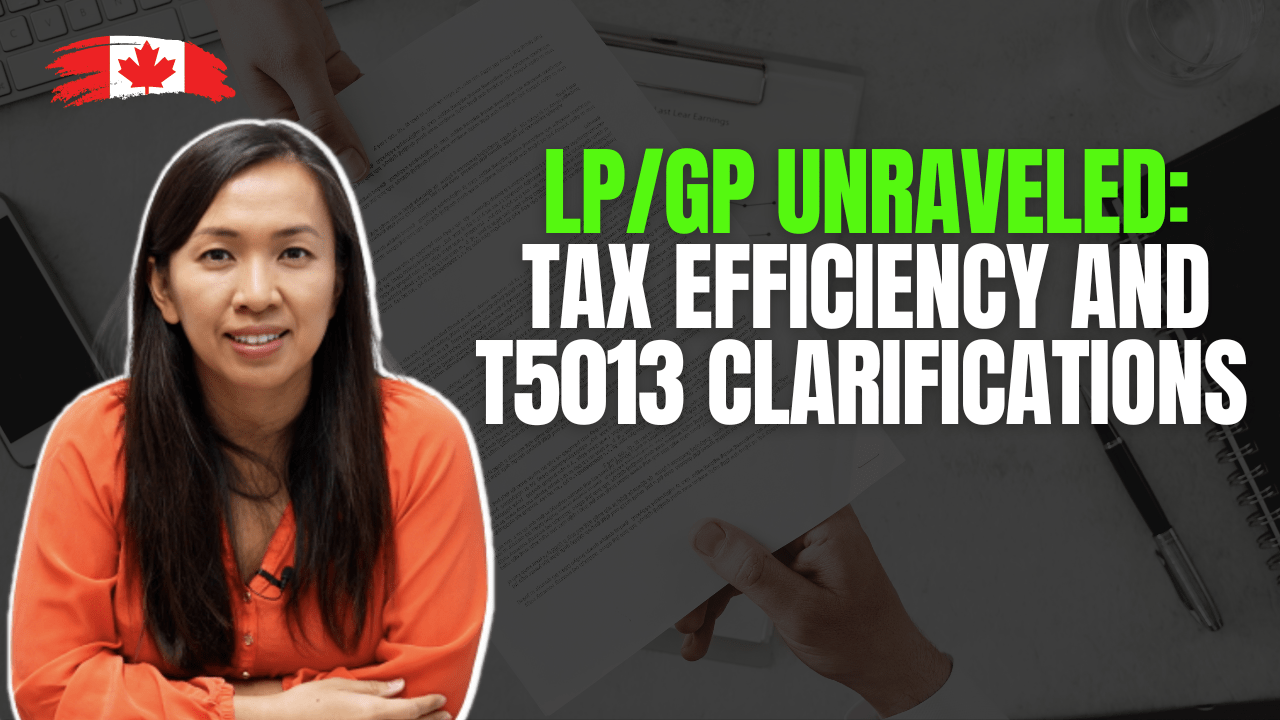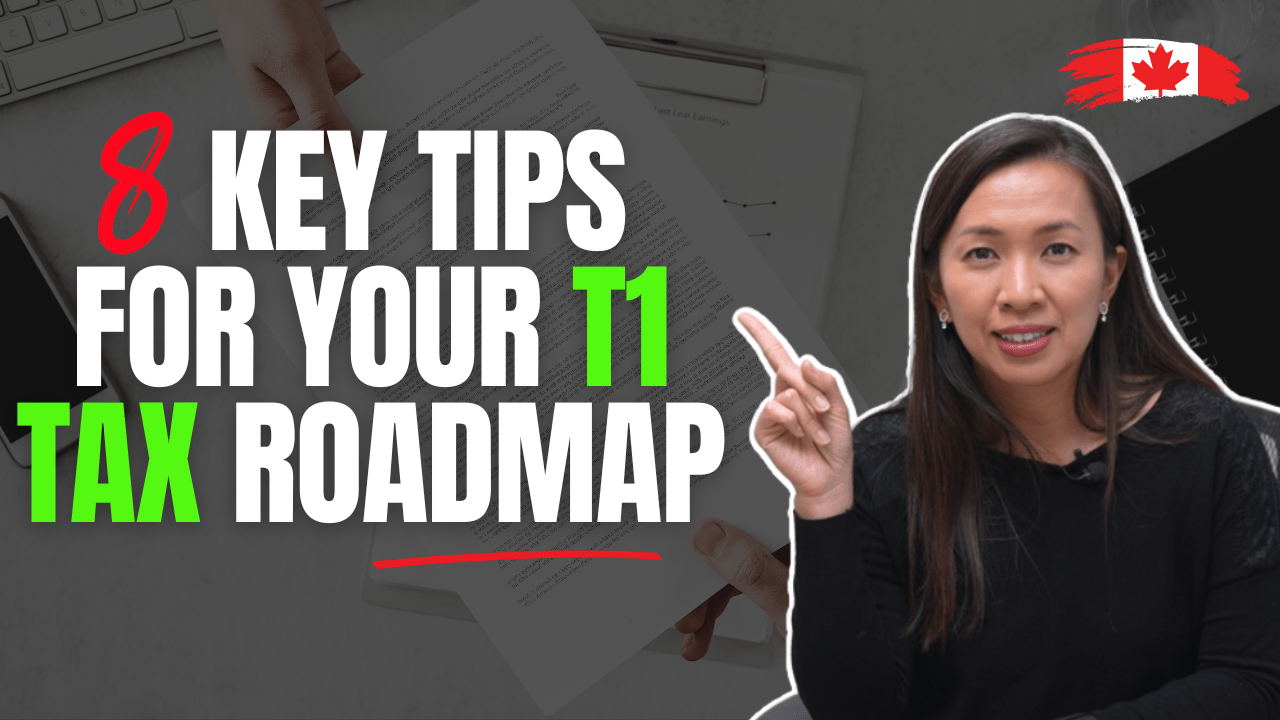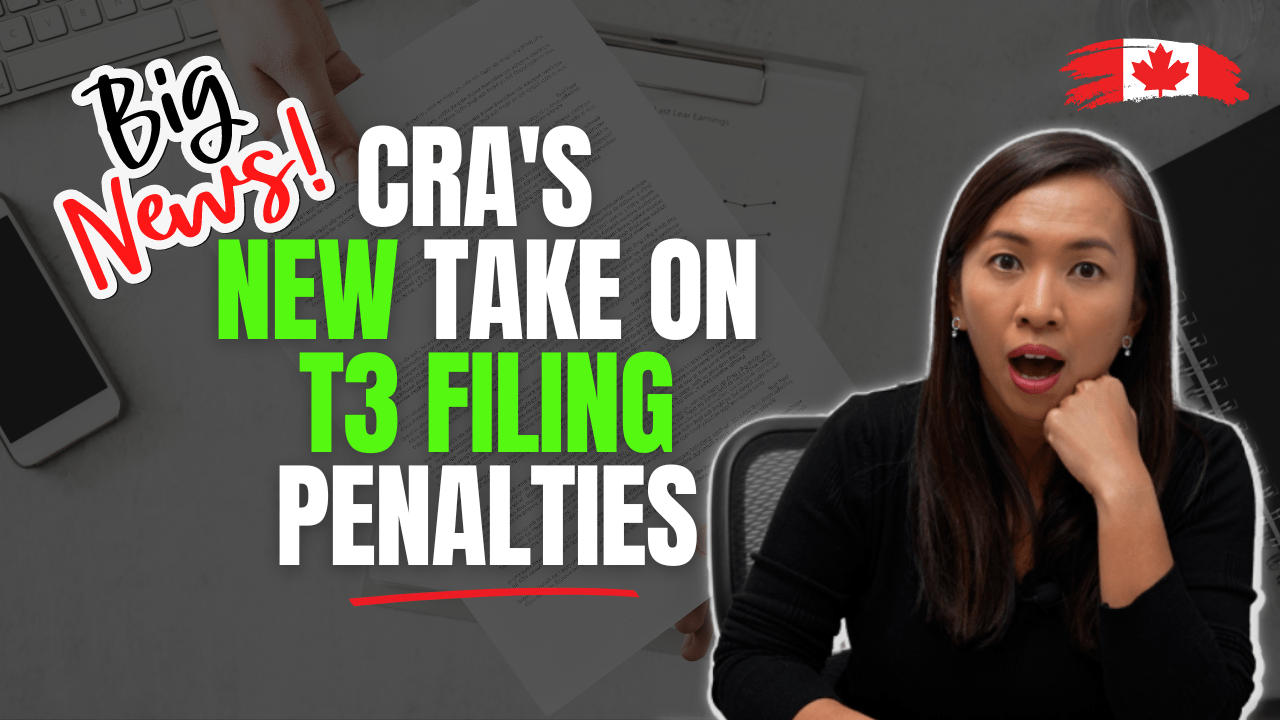Happy Valentine’s day everyone!
It has been quite a week getting back from the sunny south to this winter wonderland.
I just had a great conversation with my tax mentor, a retired partner at Deloitte to discuss
In our previous blog post, we already discussed the pros and cons of having a family trust. Other than asset protection and the possibility of passing your portfolio to your next generation in a more tax efficient manner, there’re no tax savings.
We also had a very interesting discussion on how the new Tax on Split Income (TOSI) rules are affecting real estate investors.
These are the new rules implemented by Bill Morneau and Justin Trudeau in the last couple of years. When they first introduced these rules to the public, there was a huge outcry from the small business community.
They had since made some amendments and now these new tax rules are in effect.
How do they affect real estate investors?
The objective of this new rule is to stop business owners and real estate investors to split income with their adult children.
There’re several exceptions to the rule.
If your adult children are over the age of 25 and they own (individually) more than 10% of the shares of the corporation, the new tax on split income rule doesn’t apply, provided that the corporation’s business is not providing service.
My accounting service corporation is providing service. Lawyers, doctors, dentists, chiropractors … they are all providing services.
All professional corporations are out of luck. We cannot split income with our adult children if they do not work in the business.
What about corporations that are earning rental income instead? Do these rules apply to us?
The key question here is – Is earning rental income considered provision of service?
If rental income is considered the provision of service, real estate investors would not be able to split income with adult children, assuming they don’t work in the business.
Like everything else, CRA doesn’t like to give a straight answer.
It really goes back to whether your rental portfolio is providing service or not.
How do you determine whether the rental business is considered a provision of service? Well, it goes back to the type of service you are providing, the $$$ value involved and also the number of investments that are in the corporation.
If it is considered as provision of service, then no income splitting available (unless kids work in the business for more than 20 hours a week with supporting documentation).
If it is considered as a passive investment, you may still be able to split income with these children.
Sounds very confusing, isn’t it?
To be honest, the rules are so new that even CRA may find it difficult to answer all the questions from the accounting/tax industry.
Once we have more clarification from CRA, we will share more with you. 😊
Lastly, I would like to share with you the video posts that I shared in the last week. Here’re the five videos tax tips on our YouTube Channel.
- Why Bookkeeper is the key to building a successful real estate business –
- How to maximize gift card deductions when saying thank you to your contractors & tenants –
- 3 Takeaways from a couple who grow their portfolio from 2 to over 100 doors in 3 years –
- How to deduct membership fees –
- How to deduct Raptors tickets –
Be sure to follow us on our Facebook page.
Until next time, happy Canadian Real Estate Investing.
Cherry Chan, CPA, CA
Your Real Estate Accountant





